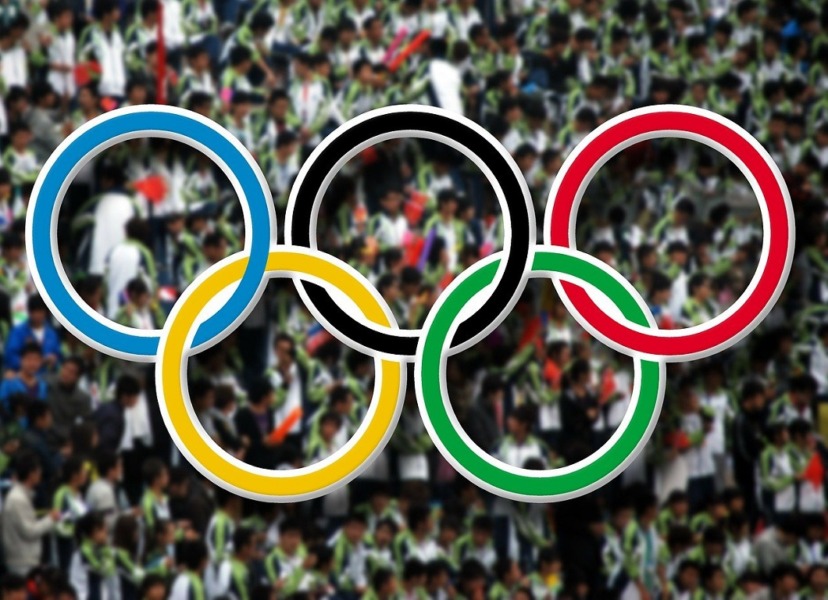French Police Raid Paris 2024 Olympic’s Organizing Committee Headquarters
- TDS News
- Breaking News
- June 20, 2023

Early this morning, French police carried out a raid on the headquarters of the Paris 2024 Olympics Organizing Committee in Saint-Denis, 14 months before the much-anticipated event scheduled to take place in July 2024. The National Financial Prosecutor’s Office initiated the operation as part of an ongoing investigation into possible corruption linked to the bidding process that took place back in 2017. This investigation ultimately led to the resignation of Brigitte Henriques, the president of the French Olympic Committee, last month. The incident sheds light on the history of corruption and host city bribes within the Olympic Committee, a problem that has persisted for decades.
Corruption and host city bribes within the Olympic Committee have plagued the organization for a long time. This unethical practice involves bid cities offering financial incentives, gifts, or other favours to IOC (International Olympic Committee) members in exchange for their votes. This undermines the principles of fairness, transparency, and integrity that should be at the core of the Olympic Games. Several notable examples highlight the longstanding issue of corruption within the Olympic bidding process:
Salt Lake City Winter Olympics (2002): In the late 1990s, it was revealed that the Salt Lake City bid committee members had offered financial incentives and lavish gifts to IOC members to secure their votes. This scandal led to significant reforms within the IOC and a crackdown on unethical practices.
Rio de Janeiro Summer Olympics (2016): The bidding process for the Rio Olympics was marred by allegations of bribery and corruption. Investigations uncovered kickbacks and illicit payments networks involving Brazilian officials and IOC members. These revelations damaged the reputation of the Games and highlighted the need for stricter regulations.
Tokyo Summer Olympics (2020/2021): Although not directly related to the bidding process, the Tokyo Olympics faced corruption allegations and scandals during the preparations. These included financial misconduct, bribery, and embezzlement among organizing committee members, further tarnishing the image of the Olympic Games.
The recurring corruption and host city bribes underscore the importance of establishing a fair and unbiased process for selecting Olympic host cities.
The Olympic Games celebrate athletic excellence, international cooperation, and cultural exchange. A fair bidding process ensures that host cities are selected based on their merits, such as infrastructure, sustainability, and commitment to Olympic values, rather than corrupt practices.
A transparent and unbiased process fosters healthy competition among cities worldwide. When the selection criteria are fair and clear, it encourages a broader range of cities to bid for hosting the Olympics, leading to increased global participation and representation.
Hosting the Olympic Games requires significant financial investments from the bidding cities and countries. A fair process minimizes the risk of misappropriation or diversion of public funds through corrupt practices. It ensures that the resources allocated for hosting the Games are used responsibly and for the entire community’s benefit.
The Olympic Games can leave a lasting legacy for host cities, including improved infrastructure, economic development, and increased tourism. Choosing host cities through an unbiased process maximizes the potential for long-term positive impacts, benefiting the local population even after the Games have concluded. By prioritizing transparency, integrity, and responsible resource allocation, the Olympic Games can maintain their esteemed status as a global celebration of sport, unity, and human achievement. Efforts to combat corruption must continue to ensure that future Olympics uphold the highest standards of fairness and ethical conduct.








